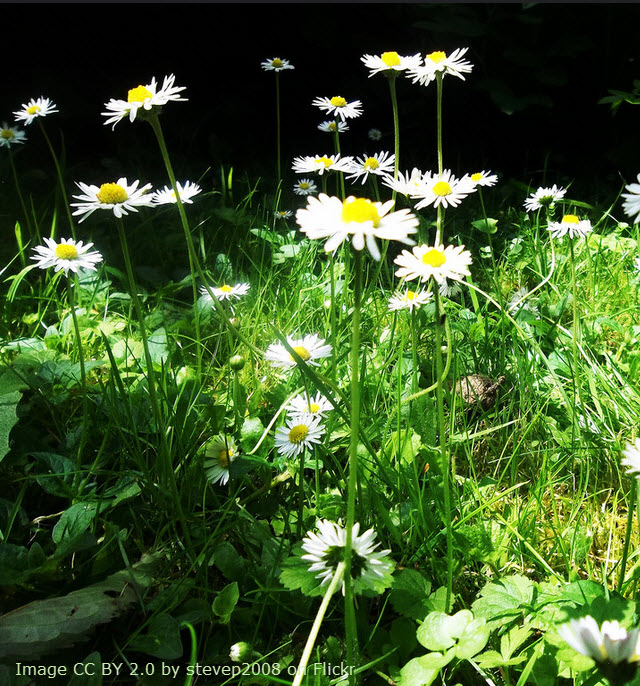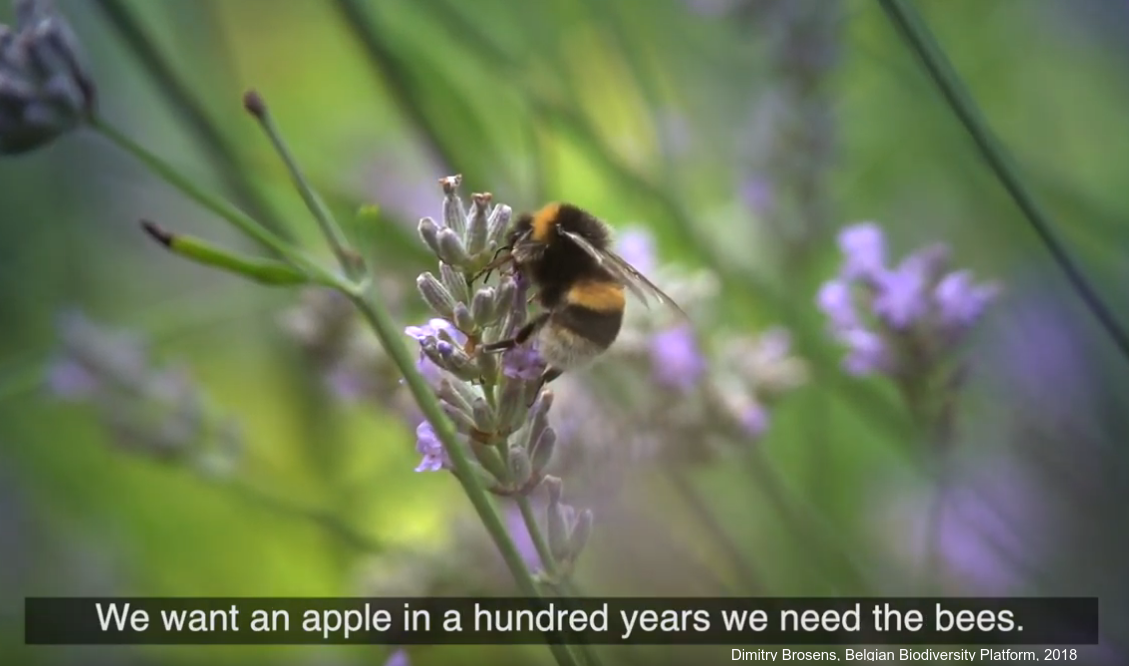Ecology field trip - at home
 One component of the IB Biology course which students complete individually is the IA. So it is potentially a good source of activities to do while students are learning from home during the Covid-19 pandemic. Practical work is difficult to organise for students at a distance but this activity uses simple tools which can be made at home. A small patch of grass in the garden or in a local public space is likely to be accessible to most students, even if they are only allowed out for a short period of exercise once a day.
One component of the IB Biology course which students complete individually is the IA. So it is potentially a good source of activities to do while students are learning from home during the Covid-19 pandemic. Practical work is difficult to organise for students at a distance but this activity uses simple tools which can be made at home. A small patch of grass in the garden or in a local public space is likely to be accessible to most students, even if they are only allowed out for a short period of exercise once a day.
Lesson Description
Activity 1 - IA introduction to Biodiversity
Watch the short video of statements by the world's leaders in biodiversity at a conference of the Governing Board of the Global Biodiversity Information Facility in Ireland’s National Biodiversity Data Centre in 2018.
Why is it important to conserve biodiversity?
Activity 2 - The importance of random sampling & careful observation
Sometimes we don't notice the diversity in the nature around us but it's important that we do. We can make a difference by increasing the diversity of our own local environment. How can we do that? The first step is to be observant and to measure the diversity around us.
"I’m very much against neat lawns because they have very little benefit for biodiversity. They’re usually dominated by just a few grass species. Any flowering plants that pop up in the middle of the lawn are considered weeds, and they're removed.
If you remove the flowering plants, there's not a lot of pollen or nectar for many insects to use. So bees, butterflies, moths, flies, you just won't find them in your lawn – and especially not if you're using herbicides as well."
Kate Whiting, World Economic Forum
Carry out this simple ecology experiment to measure the number of species in your lawn. ![]() Ecology fieldwork in the garden. Does the depth of the soil affect the diversity?
Ecology fieldwork in the garden. Does the depth of the soil affect the diversity?
Activity 3 - Developing skills for an Individual investigation
Reflecting on this short, simple experiment answer the questions which will help to to identify some important details which are useful to remember for the IA
![]() Worksheet of discussion questions to help develop IA thinking.
Worksheet of discussion questions to help develop IA thinking.
Teacher's notes
The concept of biodiversity is in Option C, not in Topic 4 Ecology but this experiment uses species number as an indicator of diversity for this reason.
The guiding question and activity one introduce students to the idea that conservation of species in any habitat needs information and that this can take place in urban areas as well as wilderness. This aims to stimulate the interest of the students.
Activity 2 is the experiment in which students make their own quadrat frame and use random sampling to collect data about soil depth and species number. The conclusion is short and doesn't include an evaluation, because this is covered in activity 3.
Activity 3 is a chance for students to reflect on the structure of the IA and to consider what important information will be needed in the background and the methods of their own IA. There is also a short introduction to the contents of the evaluation section of the IA.

 IB Docs (2) Team
IB Docs (2) Team

